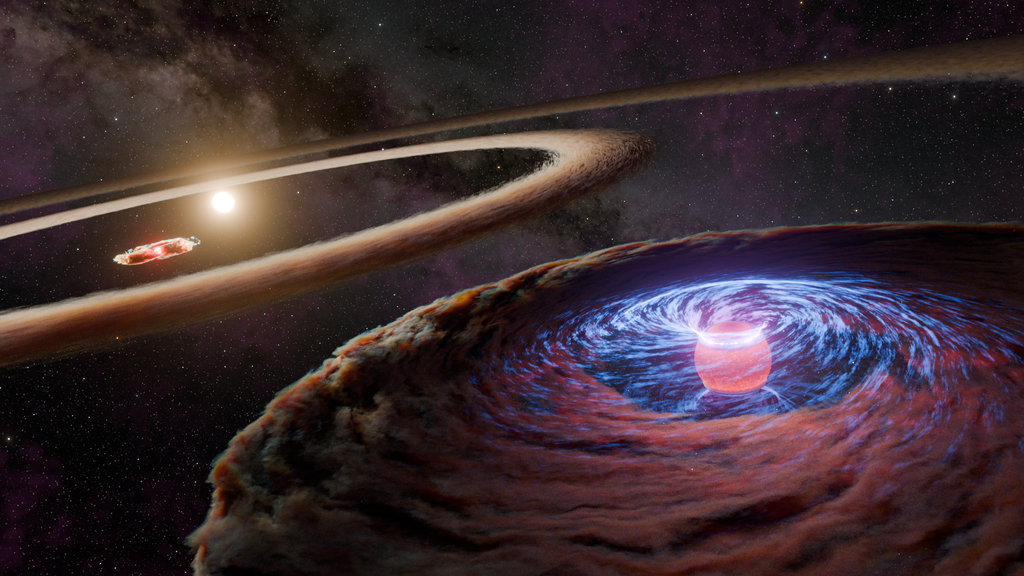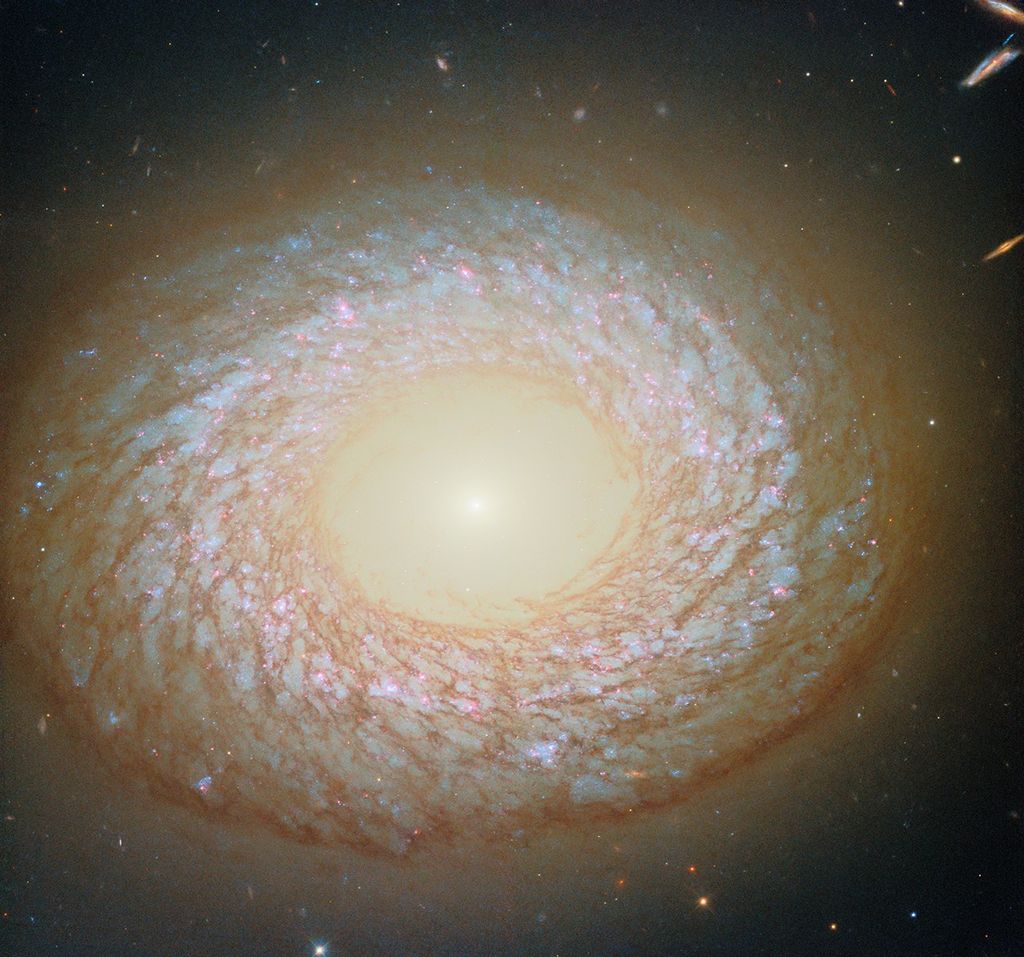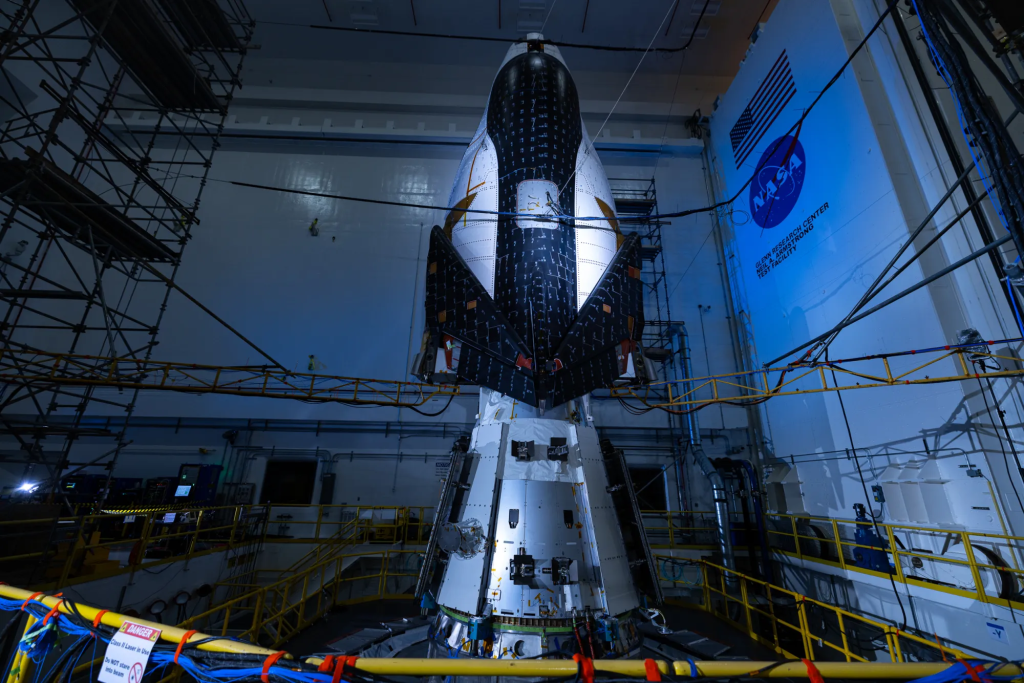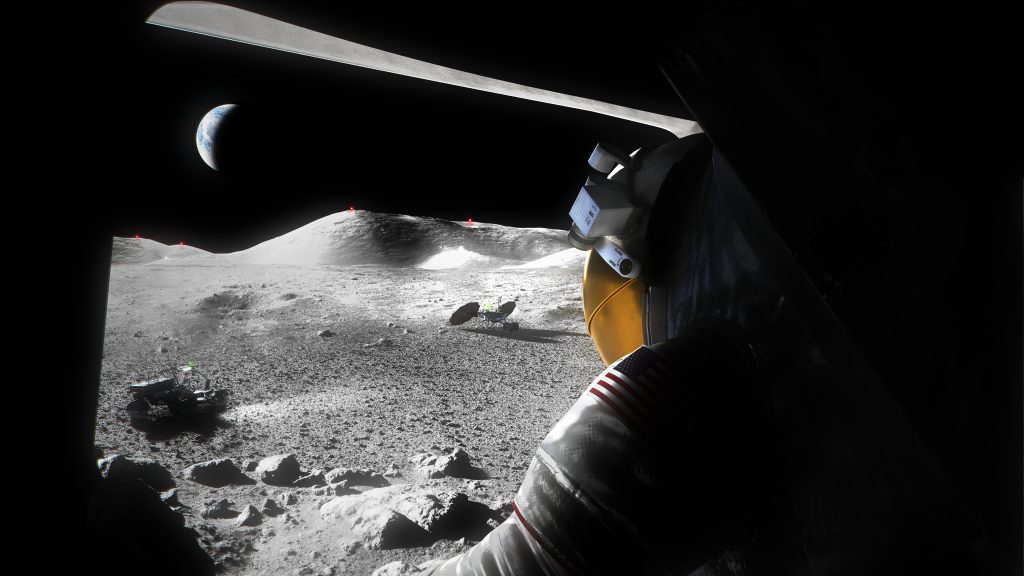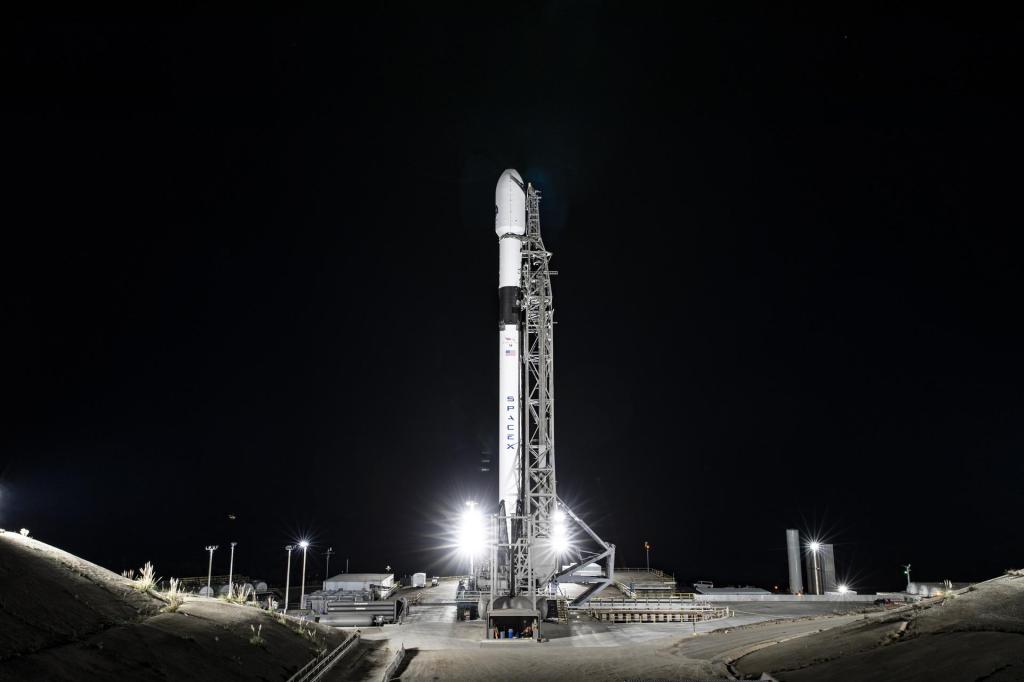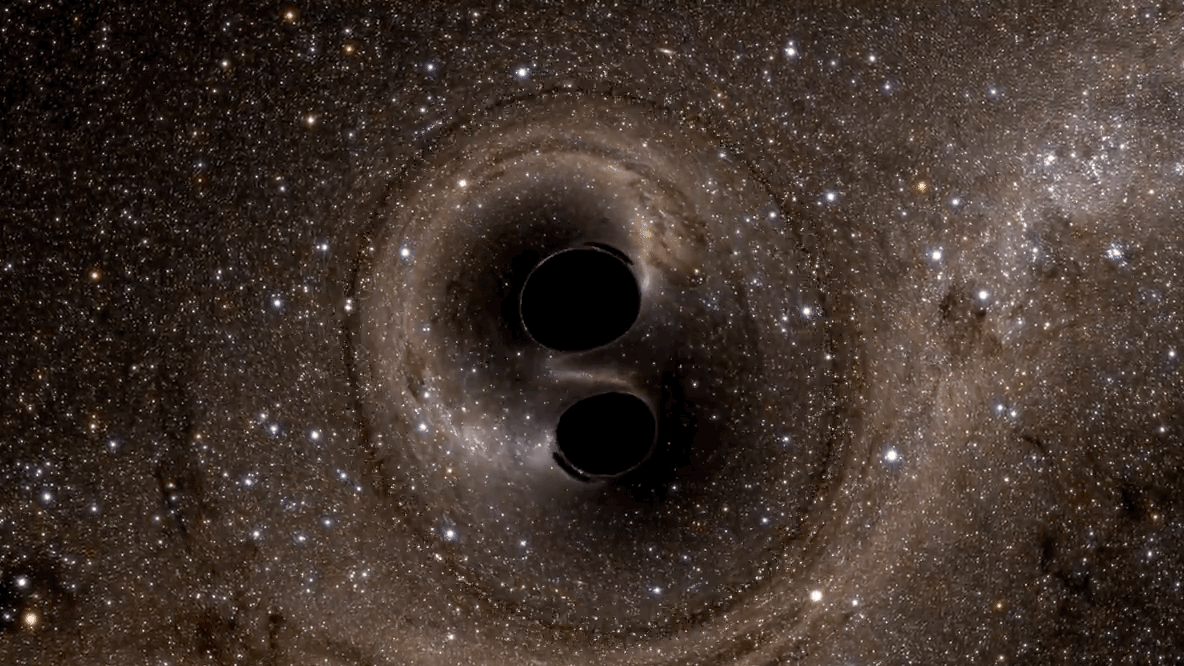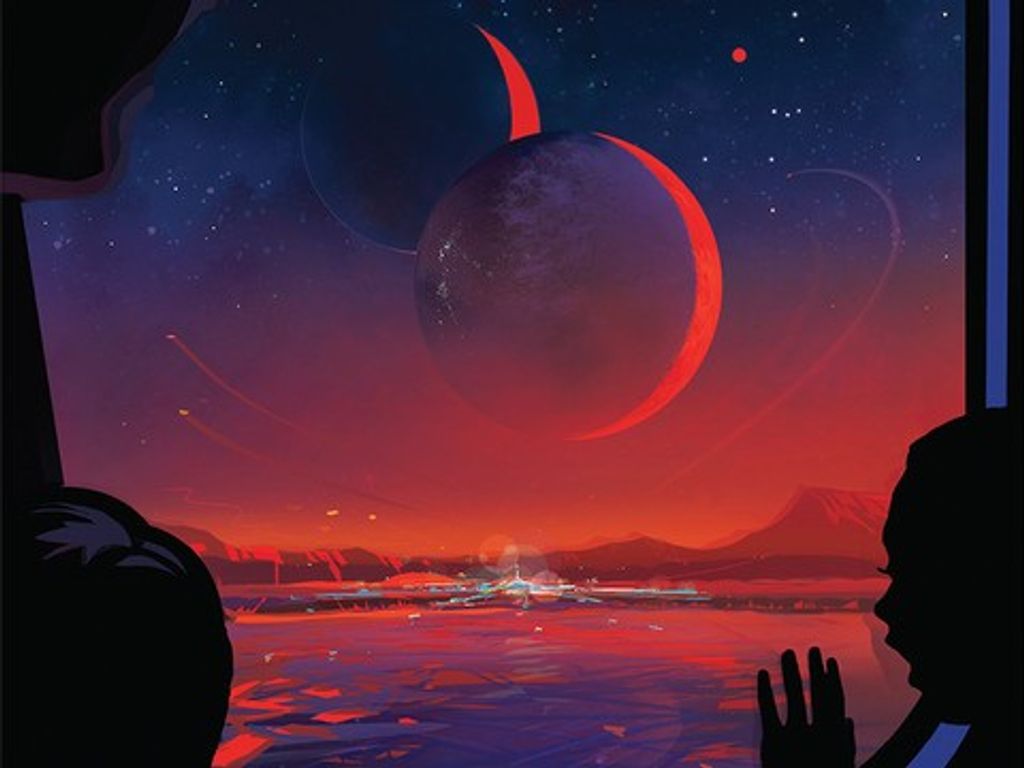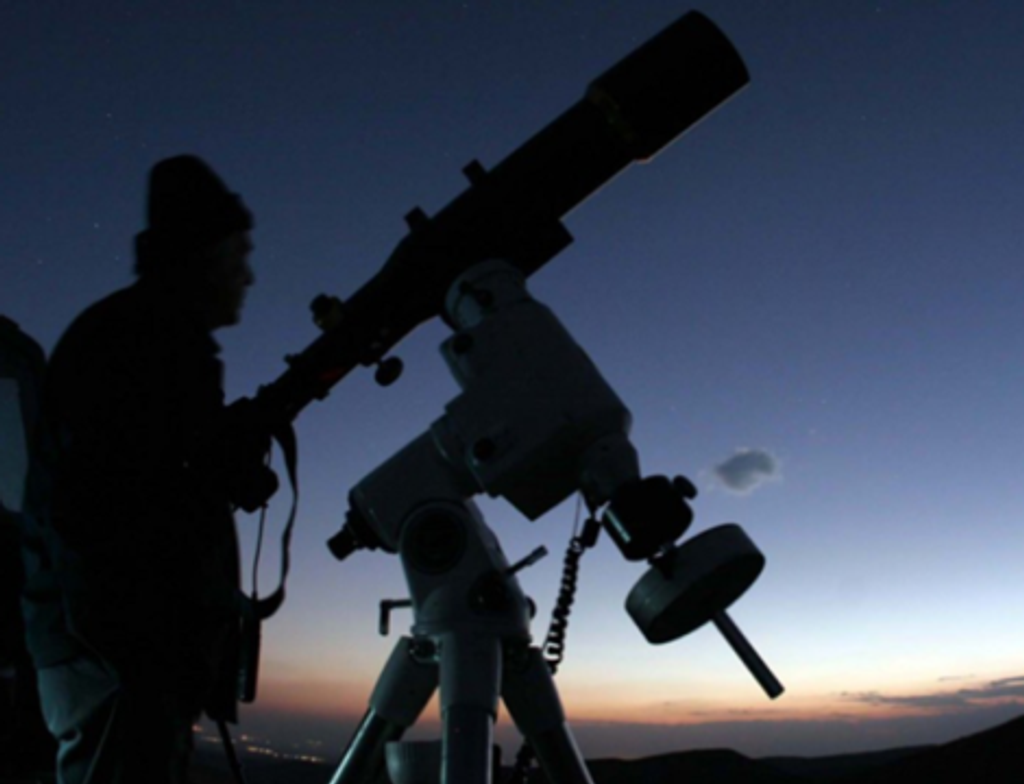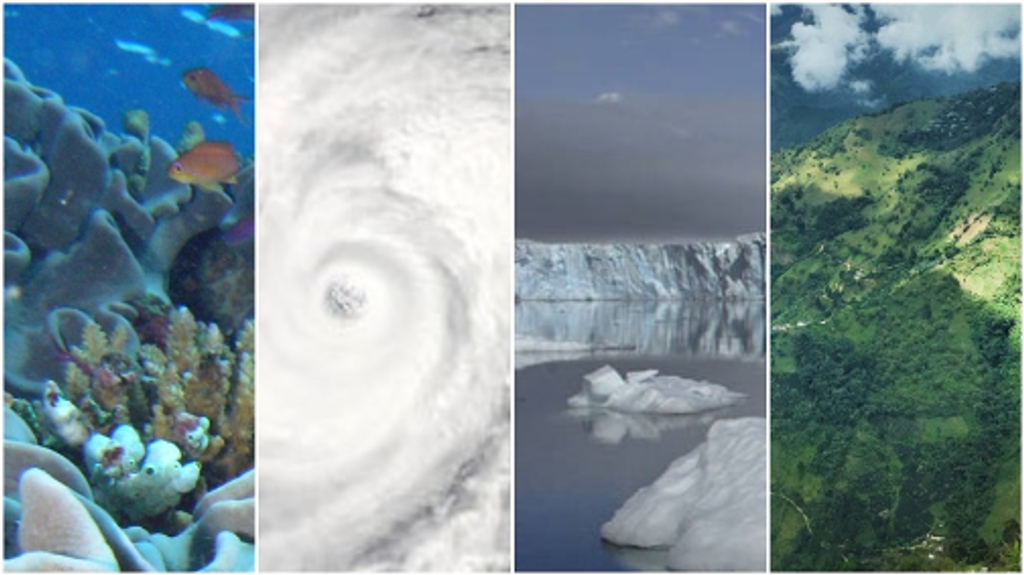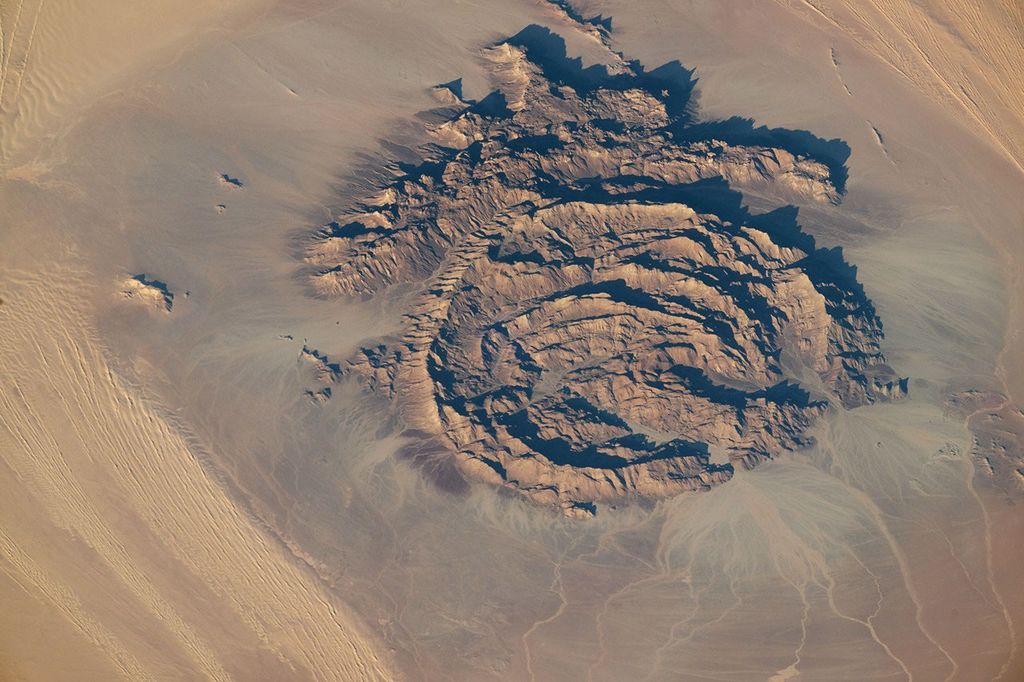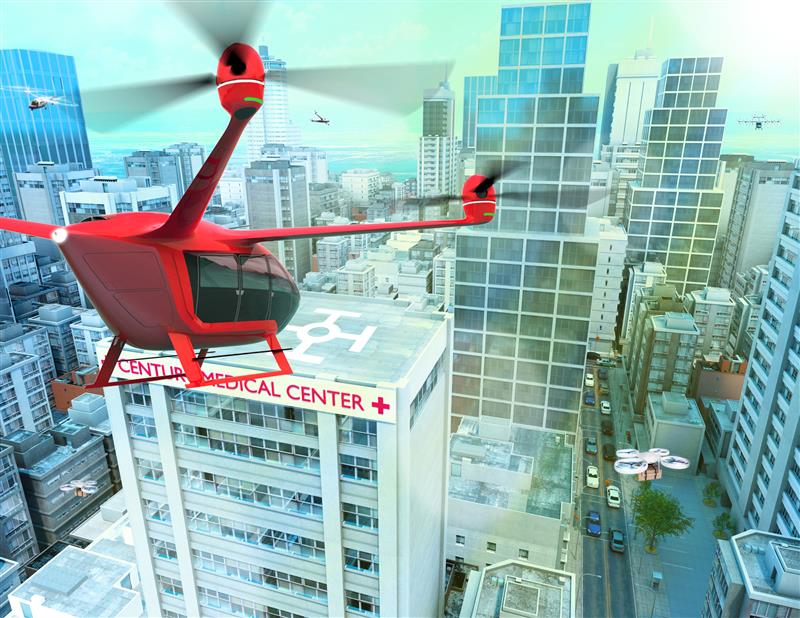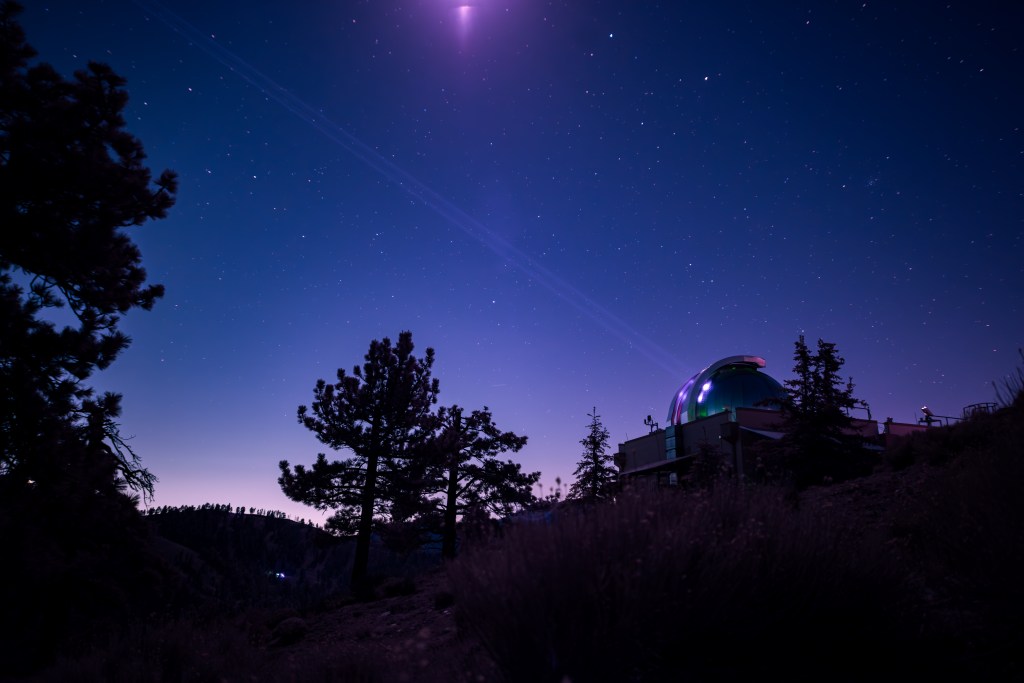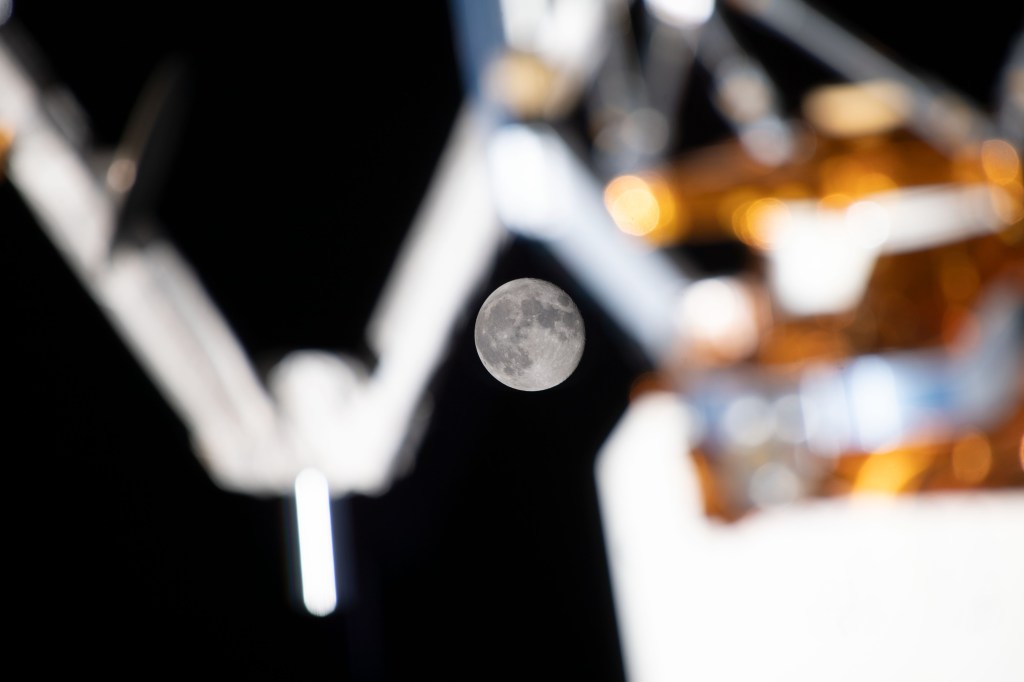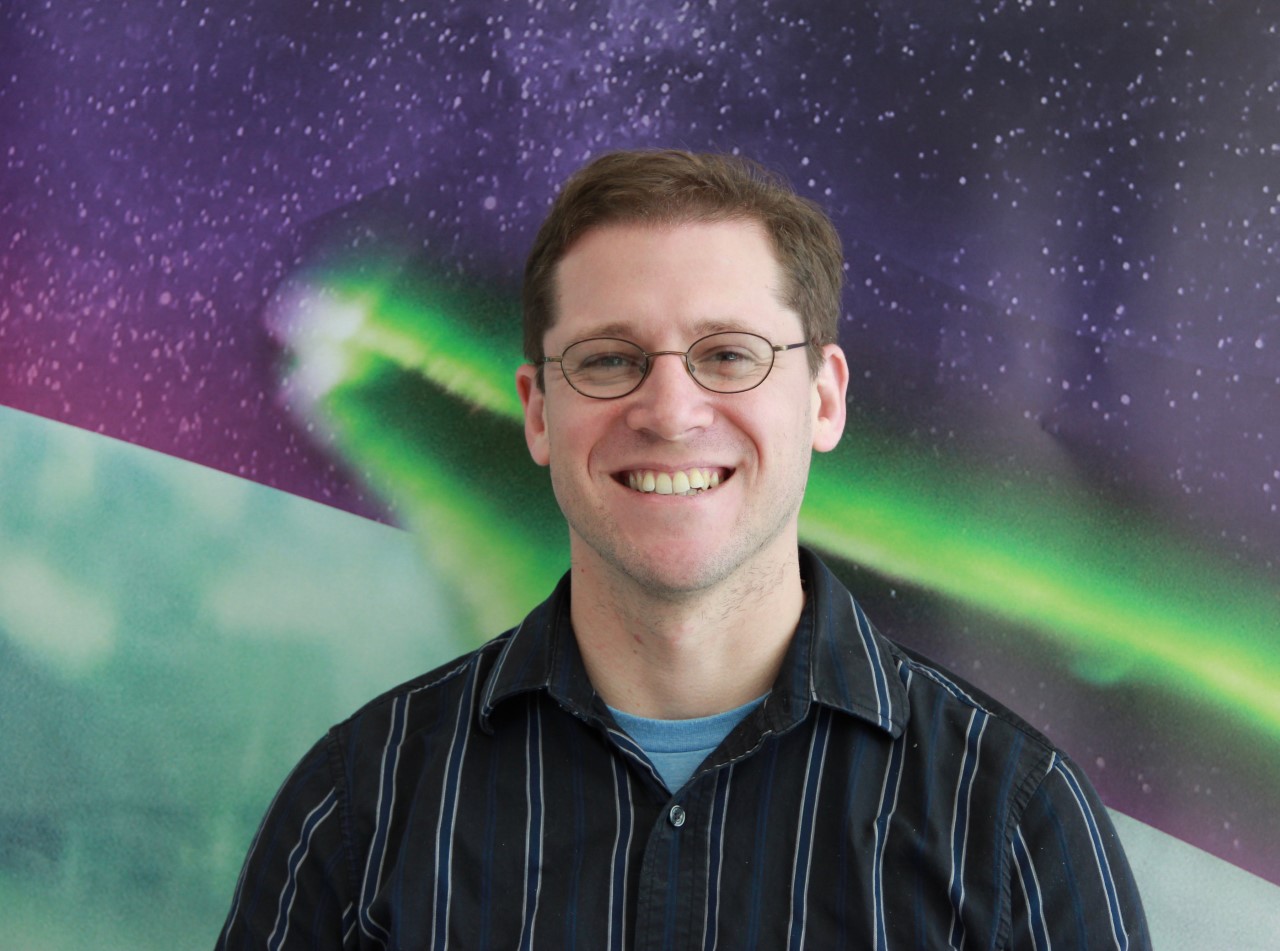Editor’s note, March 16, 2020: The Library of Congress has canceled the ‘”Understanding 99% of the Universe, One Particle at a Time” lecture, originally scheduled for March 25. The lecture will be rescheduled at a future date. The original event release as published March 9 appears below as a reference.
The public is invited to a free lecture titled “Understanding 99% of the Universe, One Particle at a Time,” with Dr. Daniel Gershman a heliophysicist – a scientist who studies the nature of the particles and magnetism that surround us in space — at NASA’s Goddard Space Flight Center, Greenbelt, Md. The talk will occur in the Pickford Theater, third floor of the Library of Congress Madison Building, 101 Independence Avenue SE, Washington, on Mar. 25 from 11:30 a.m. to 12:30 p.m. EDT.
NASA launched its Magnetospheric Multiscale (MMS) mission in 2015 to study the fundamental physics of how the electrons and ions in plasmas interact with electromagnetic fields in near-Earth space.
Plasma, the fourth state of matter, consists of charged atomic nuclei in a sea of electrons and accounts for the vast majority of the observable universe. Plasma dynamics results in phenomena such as solar eruptions, aurorae, and geomagnetic storms, but there is still much about how plasma mass and energy interact with celestial bodies that we do not understand.
Gershman, a member of the MMS Fast Plasma Investigation team, will discuss the unique look at plasmas that MMS offers, a look which is not possible to achieve in laboratories on Earth and which reveals new insights into how to model matter throughout the universe.
Gershman is a speaker in the 2020 NASA Goddard Lectures Series at the Library of Congress. Earlier talks in the series covered space weather, improved global water security and sustainability, how Mars has changed over time, NASA’s Hubble Space Telescope and the upcoming James Webb Space Telescope.
The Library of Congress maintains one of the largest and most diverse collections of scientific and technical information in the world. The Library of Congress is the nation’s oldest federal cultural institution and the largest library in the world and holds nearly 151.8 million items in various languages, disciplines and formats. The Library serves both Congress and the nation online and on-site in its reading rooms on Capitol Hill.
For inquiries about this or upcoming talks at the Library of Congress, contact the library’s Science, Technology and Business Division at 202-707-5664. ADA accommodations should be requested five business days in advance at 202-707-6382 (voice/tty) or ada@loc.gov.
The lecture will be later broadcast on the library’s webcast page and YouTube channel “Topics in Science” playlist.
For directions, visit: http://www.loc.gov/visit/maps-and-floor-plans/ or www.loc.gov
Rob Gutro
NASA’s Goddard Space Flight Center, Greenbelt, Md.
301-286-4044
Robert.j.gutro@nasa.gov
Stephanie Marcus
Library of Congress, Washington
202-707-1192
smar@loc.gov

